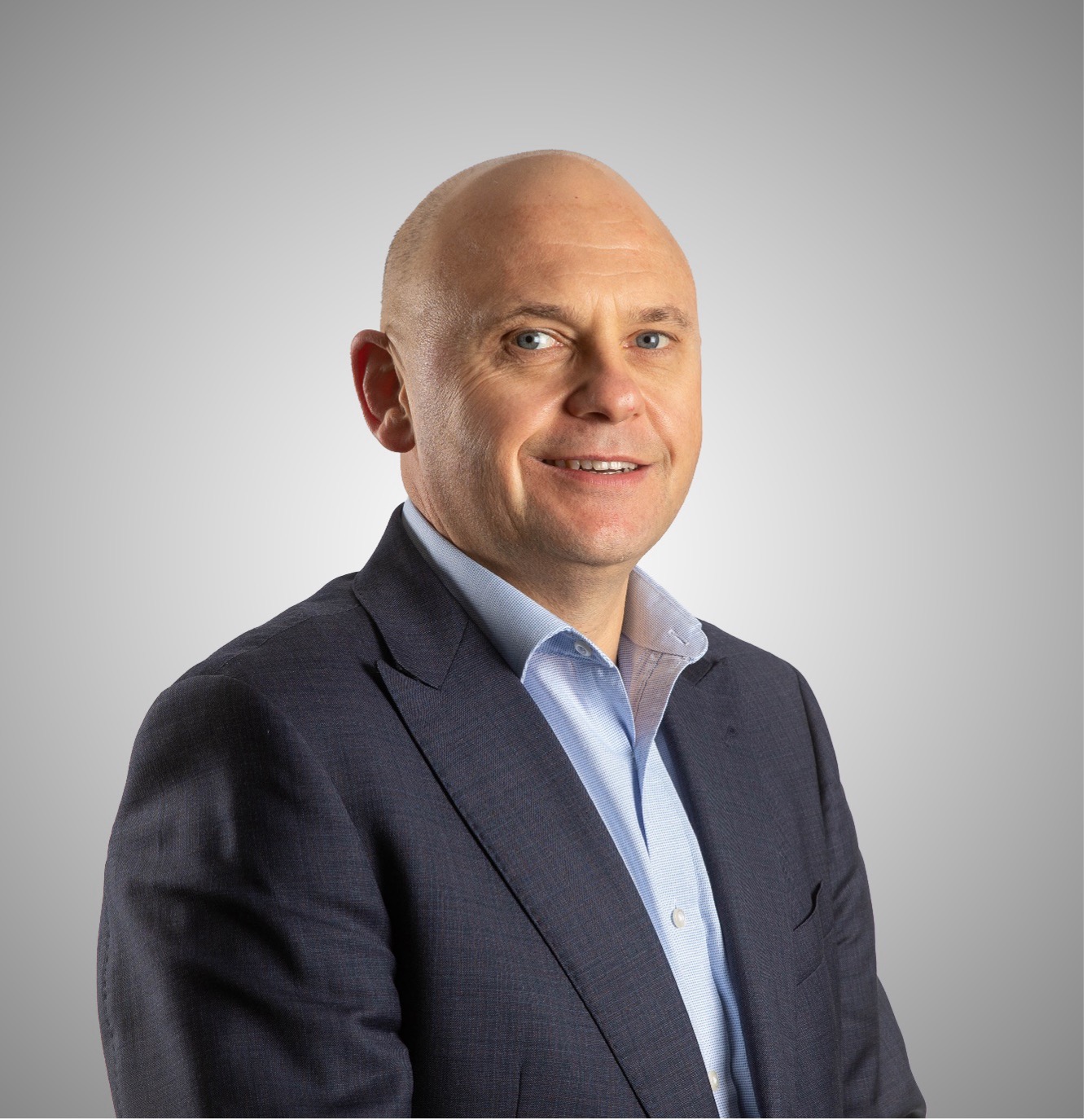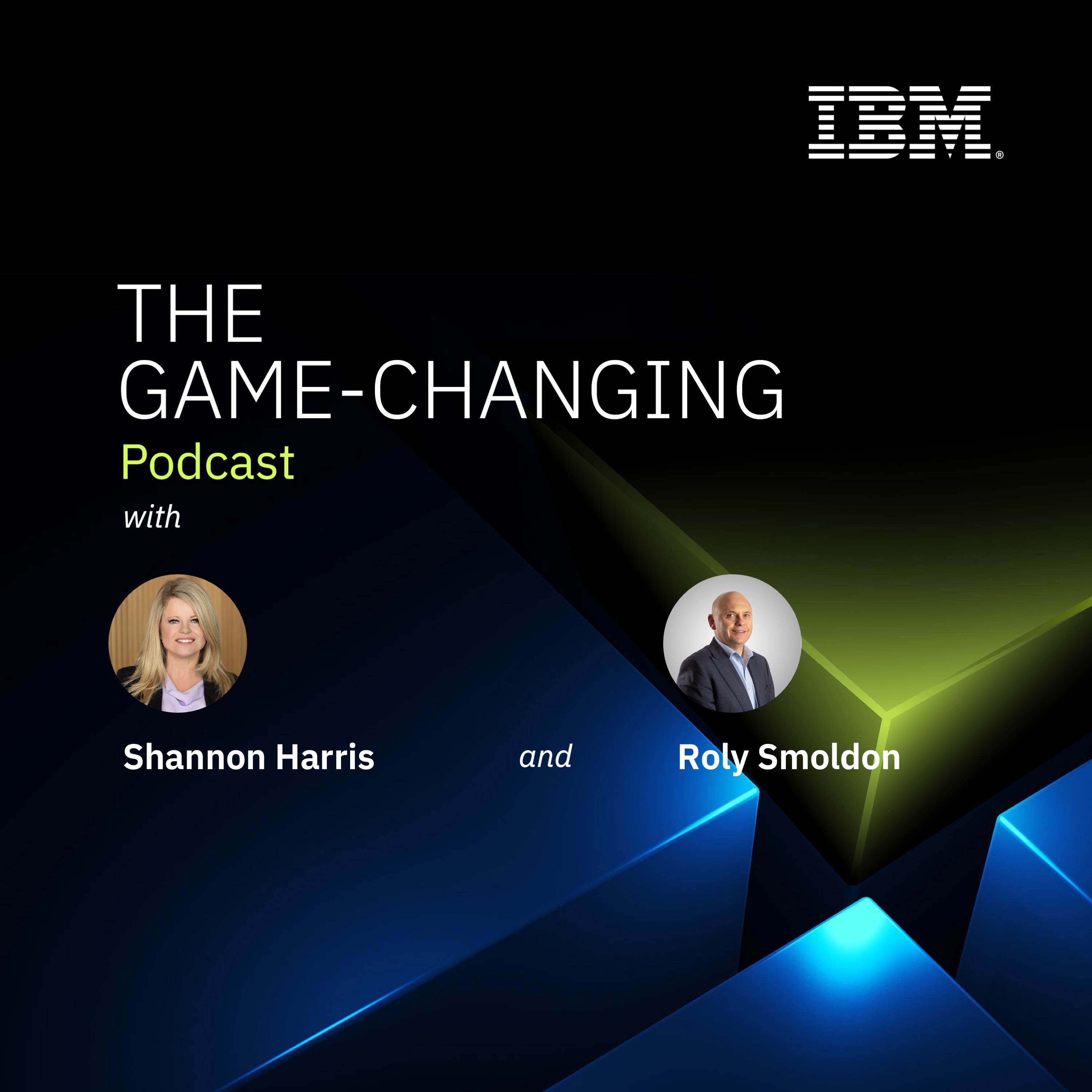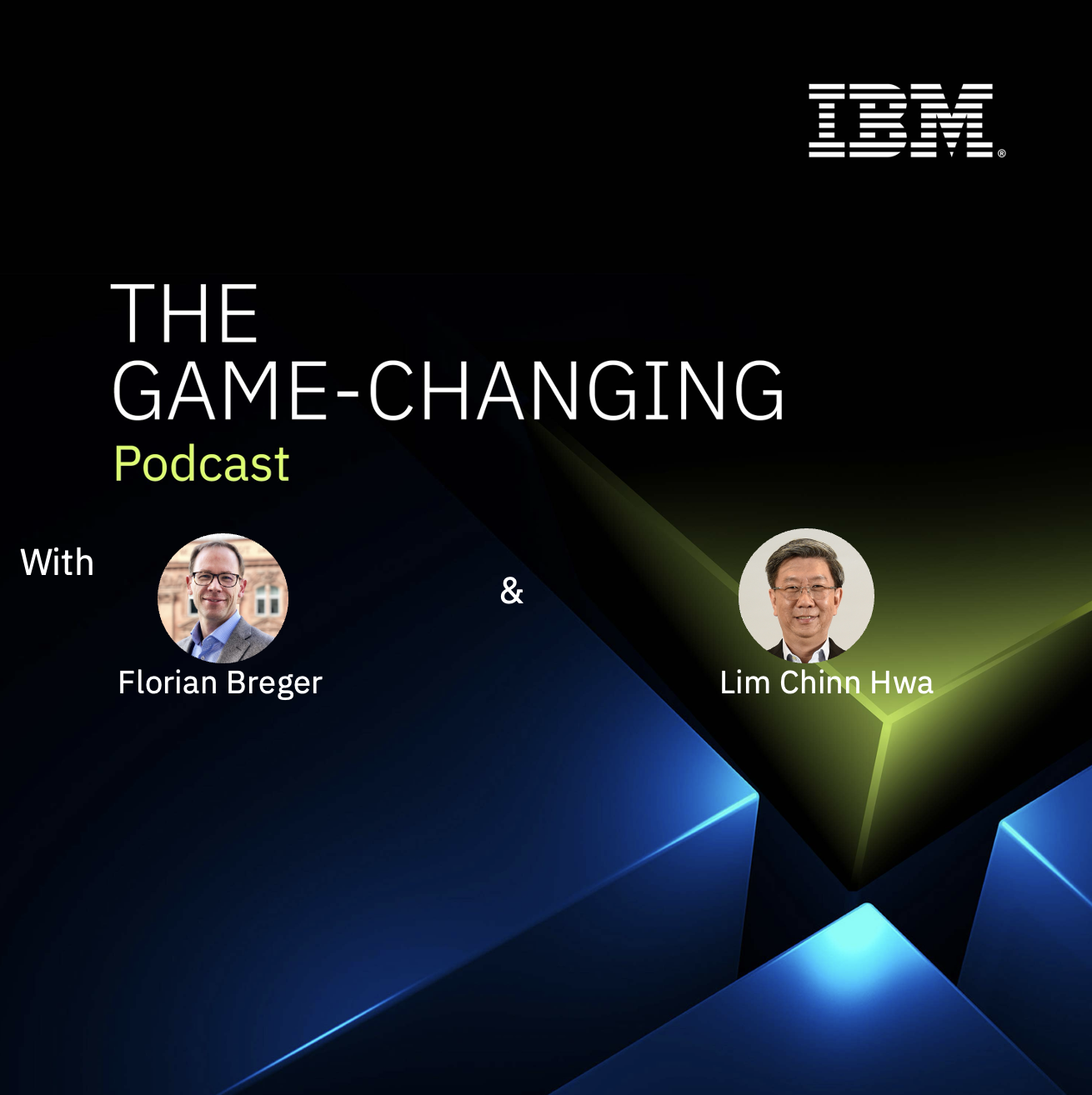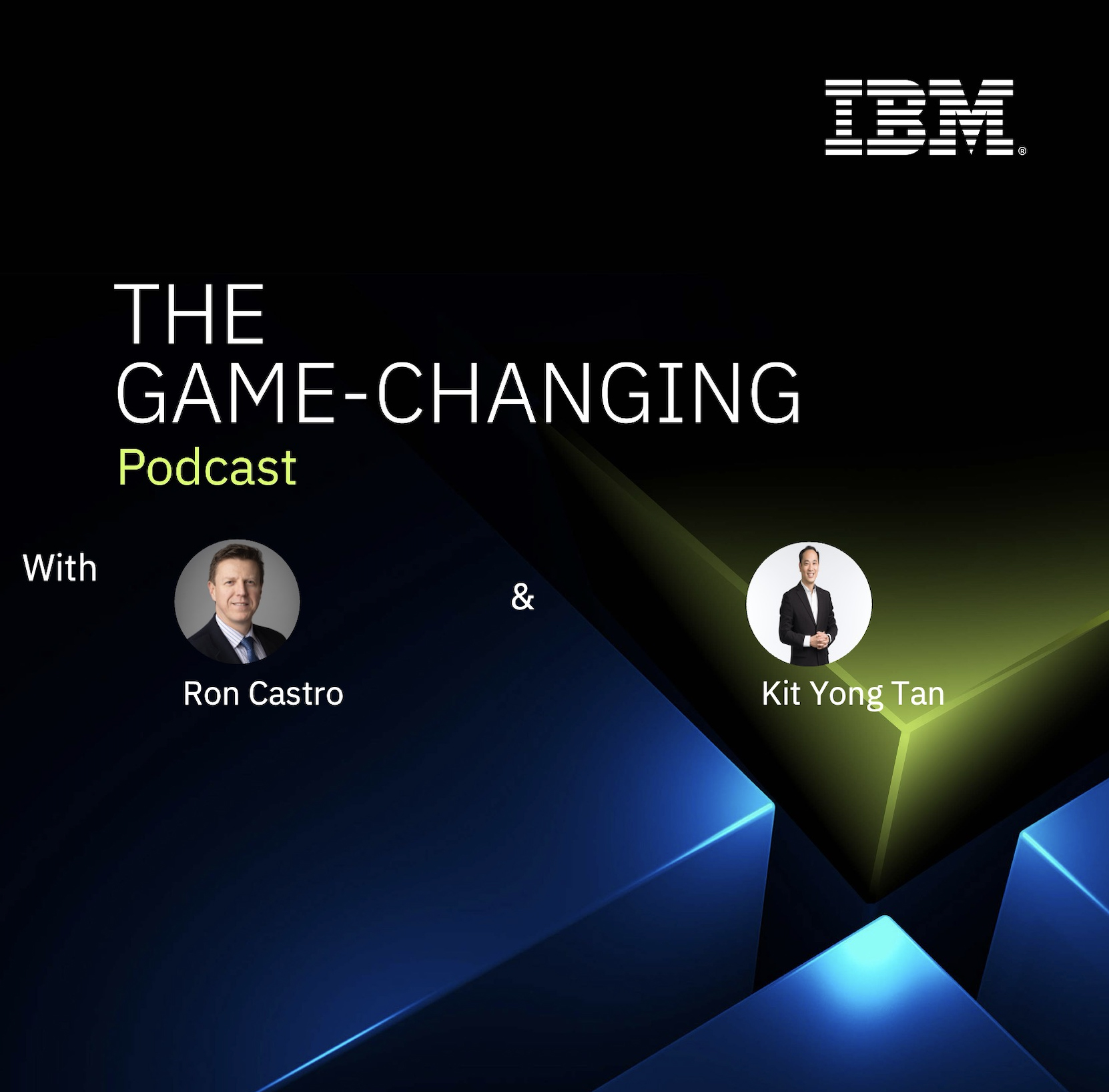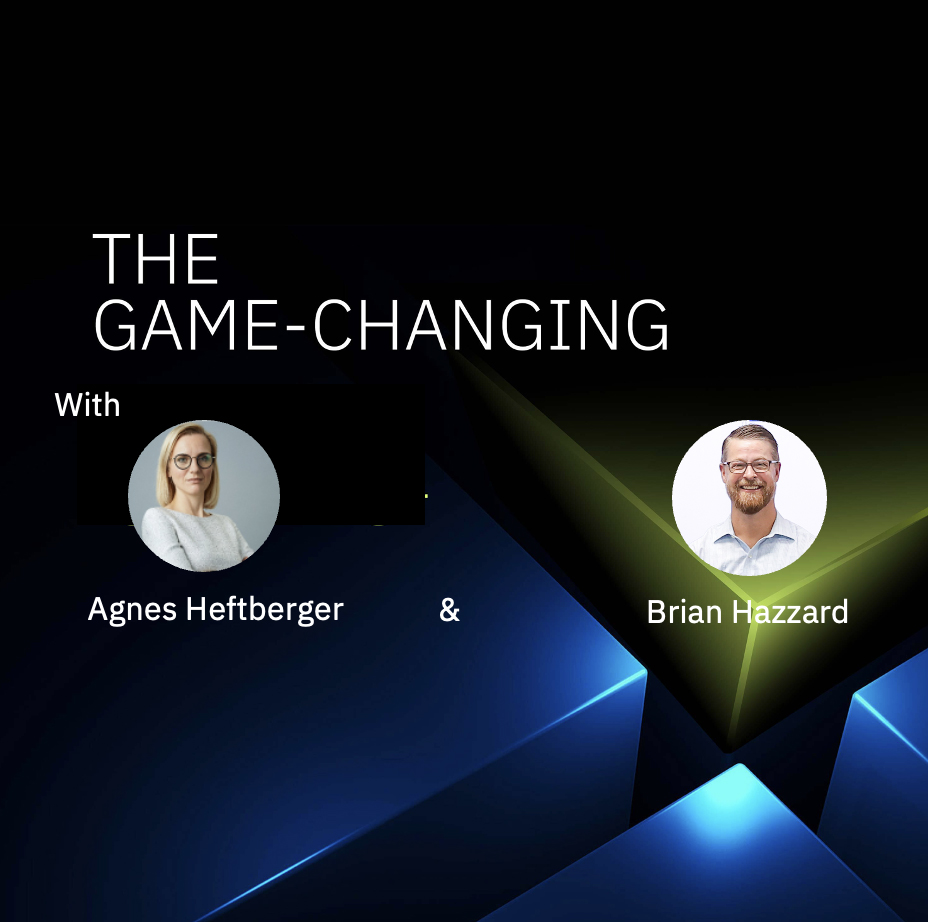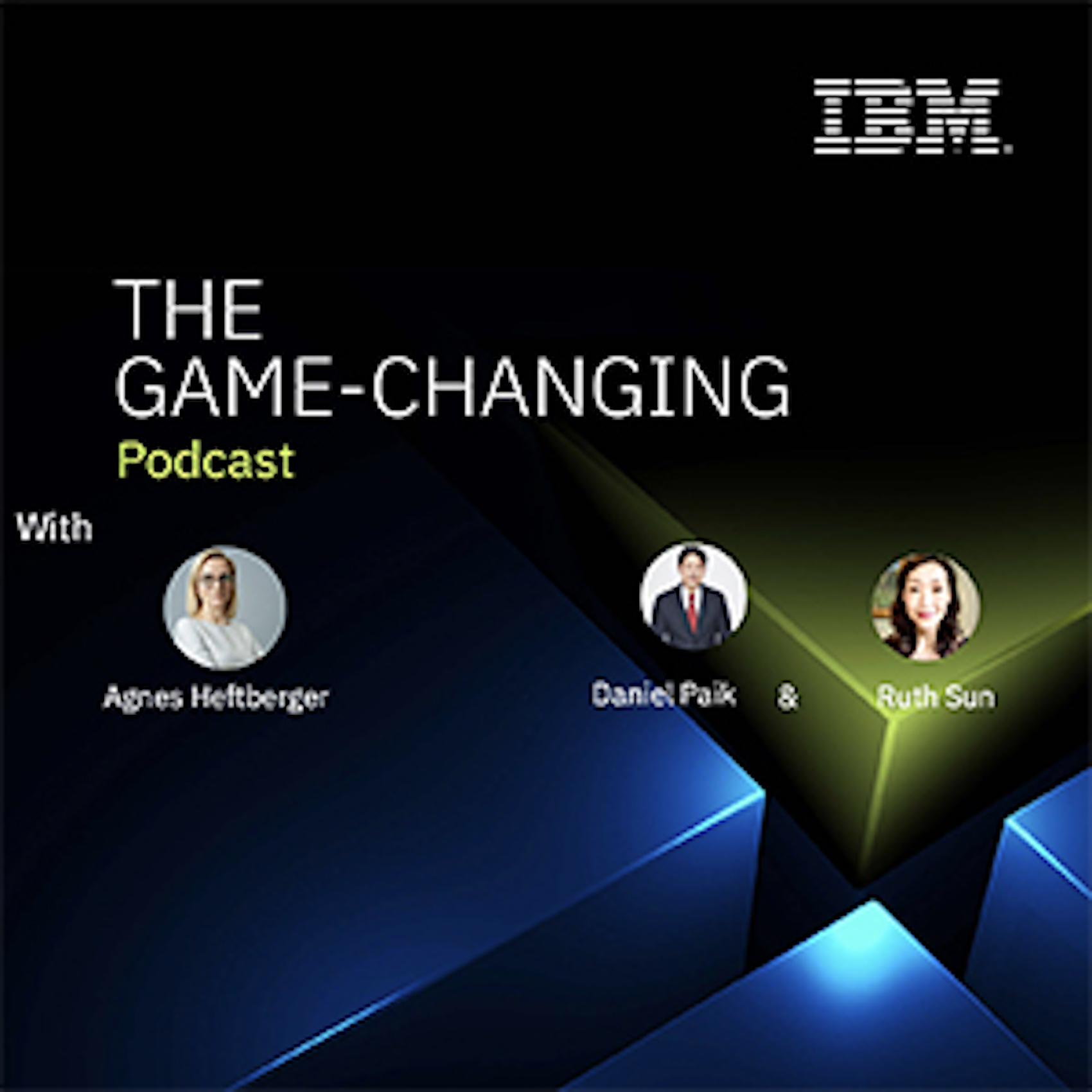How automation can meet ESG requirements sustainably
- 0.5
- 1
- 1.25
- 1.5
- 1.75
- 2
Shannon : Welcome to another exciting episode of the Game- Changing series. ESG reporting is becoming mandatory here in New Zealand, and we're going to have to change the game to succeed. I'd like to welcome Roly Smoldon, the general manager of digital services from Ricoh. Roly, welcome. Thank you for joining us today.
Roly: Thank you for having me.
Shannon : Roly, tell me how did IBM and Ricoh get started, and how's the collaboration going from your perspective?
Roly: So everything we do at Ricoh starts with listening to our customers and understanding what's important to them and what they care about. So we started to hear from our customers a couple of requirements, particularly around ESG, and it's based on the type of customers they are. For NZX listed customers in New Zealand, they now have mandatory requirements around ESG reporting and improvement and policies and procedures to improve in those areas. So we were starting to hear from those customers ESG reporting was a problem that they had to solve because they needed it from a compliance perspective. In addition to that, there were other customers who supplied the NZX listed customers who also need to be compliant as part of the supply chain. And thirdly, there were customers who were looking at ESG as something that they just wanted to do because it was the right thing to do. We started to get feedback from our customers that ESG reporting was a problem that they needed to solve. Now, ESG for Ricoh is something that's actually in our DNA and something that's really important to us. Ricoh globally, we're in the Dow Jones Sustainability Index. We're recognized in that index as part of the work that we do, so we ourselves have a pedigree in the world of ESG. So we were hearing this feedback from customers. We had experience ourselves of solving the ESG reporting problem, and so it was obvious for us to start looking into the ecosystem of partners that we had, to see how they could help us solve that problem. Now, Ricoh and IBM have been long time business partners globally and also longtime partners in New Zealand, so it made sense that we started engaging with your team to understand how can you help us solve this problem? Coupled with that, IBM have the Envizi platform, which is by far the leading platform in ESG reporting, so it made sense to explore that. From spending time with your team, and based on our prior relationships and experience, we started to realize that if we work together, we could start to solve this problem for our customers.
Shannon : Yeah, it's great, and I get the strong sense that the collaboration is going really well, and-
Roly: Oh, really good. Really well, thank you.
Shannon : Which is exciting.
Roly: It is.
Shannon : Yeah. So in terms of tool sets, automation, can you help me understand why that's beneficial?
Roly: Certainly can. Ricoh New Zealand has a workflow and automation capability that we've had for 15 years, not just globally, but also locally here in New Zealand. Our workflow and automation capability is about helping organizations automate repetitive, data- based tasks that require manual entry and decisions to be made off the data that's inputted. So if you look at ESG reporting as a problem that needs to be solved for organizations, it's fundamentally a data problem. To get your ESG position, you require multiple data sources, whether that be your travel, your fuel, your power. All these come from disparate data sources, and somebody needs to take that data, input it and manipulate it to present back your position. Now, that's falling often onto the role of the sustainability officer. So the sustainability officer is fundamentally become a data input person, and whilst they're doing that, they can't actually focus on their day job, which is about moving the dial to actually meet those goals and improve their position around ESG. The other thing about that process of data entry is they have to do it every year, and it's not a test they look forward to. And with it being manual, it has the challenges as we all do of humans, that we don't necessarily put the right data in every time. When you look at ESG reporting, you need to look at it not just what you need to do this year, but what you need to do next year, and also how can you measure improvement and change? And if we can automate that so the sources of data that are coming are just picked up by a tool like Envizi and present it back to you, you can get a dashboard and you can look at where you were 12 months ago, 18 months ago, 24 months ago, and the improvements that you've made. And you actually get that view visually of what you've done to move the dial.
Shannon : Yeah, and I really like the way you just laid that out because it's very easy to see that if we're spending our time on manually uploading data, and sometimes it's not even correct, it really will slow down our progress on an issue that we actually we need to accelerate. So that's really clear. So whose responsibility is it? I mean, in an organization, does all of this fall on the sustainability officer or leader, or is it their problem?
Roly: So most people would think the responsibility sits with the sustainability officer because it's in their title, but what we find is the responsibility sits in three roles typically within an organization. The first role is the CFO or the finance team, particularly when it's a mandatory requirement because it's compliance based, and the CFO or the finance team is responsible for compliance. The second person or the second team is the sustainability team because they're providing the data. They're providing the programs and they need to show that they're moving the dial and they're achieving the organizational goals they set up around ESG. The third team is the IT team, so the CIO or the chief data officer. The third team is the digital team or the IT team because solving ESG reporting is basically a data issue because you've got to take data from lots of sources, manipulate it and present it back. So when anything's data related, that will fall back to IT. The final thing I would say is it's very easy to put roles into responsibility around ESG. ESG is a responsibility for everybody in the organization. It's a cultural change. It's a cultural shift. So while those three roles may be facing around ESG, the whole company and organization needs to get behind it, otherwise they can't achieve what they're looking to do.
Shannon : So ESG is an everyone accountability?
Roly: A hundred percent.
Shannon : So I think what our viewers would really love to hear from you is what are the tips and the tricks that they might need to consider so that we can all get where we need to get to in terms of ESG compliance by 2025?
Roly: So the first thing I would say is you have to have a plan. That seems pretty obvious, but you need to have a plan. To have a plan, you need to get a baseline in terms of where you are today from a reporting perspective. So the next tip would be pick a platform, don't pick a point solution. You need to pick a platform because the requirement that you have today in 2023 is not the requirement you're going to have in 2025. 2025 is going to build on what you have today. So you need to have a platform that continually evolves and continually builds with the requirements and to meet objectives around scope one, scope two, scope three. The third and final thing is ESG is not the responsibility of one team or one individual. It needs to be an organizational responsibility. And so whatever you present in your reporting is a reflection of how you work as an organization. So you need to get the organization aligned, then everything else will flow.
Shannon : Yeah, that's great. So we need the right technology, we need the right tools. We need the data to be in the condition to actually automate, and we need everyone to rally around this challenge so we can be successful.
Roly: Hundred percent agree.
Shannon : Thank you very much, Roly, for coming in and talking to us today. And thank you to all of you for joining the Game Changing podcast.
DESCRIPTION
Roly Smoldon, General Manager, Digital Services, Ricoh New Zealand spoke to Shannon Harris, Managing Director and Technology Leader, IBM New Zealand on the outcome of Ricoh’s collaboration with IBM to equip enterprises in New Zealand with right tools to tackle issues related to ESG reporting to meet regulatory requirements.
Your host: Shannon Harris, Managing Director and Technology Leader, IBM New Zealand.
Produced by IBM ASEANZK Comms
Music & audio: Mi Mi Nguyen | Design: Jeff Koh
Today's Host
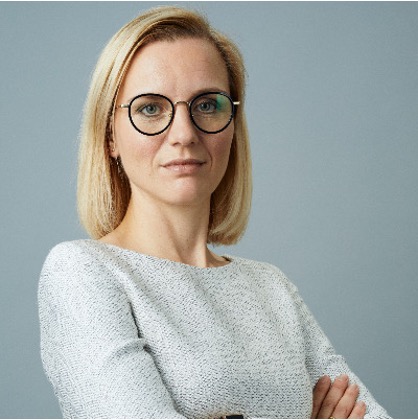
Agnes Heftberger

Florian Breger

Ronald Castro
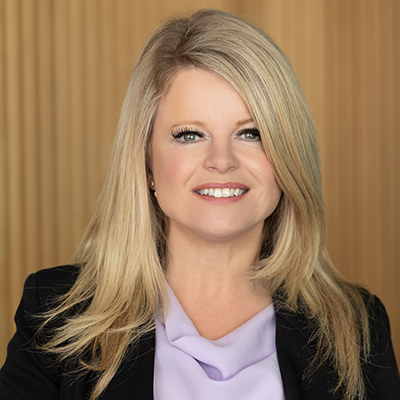
Shannon Harris
Today's Guests
